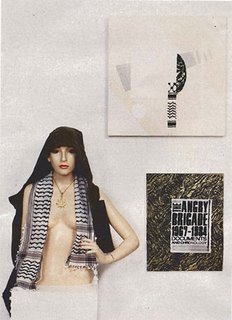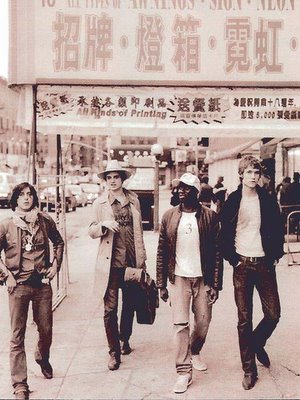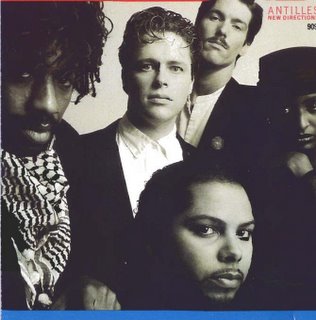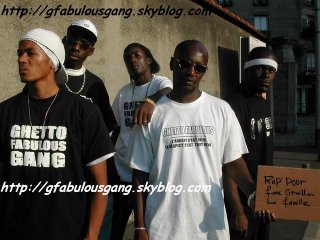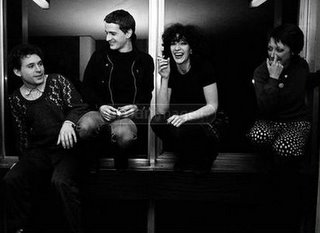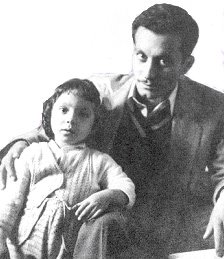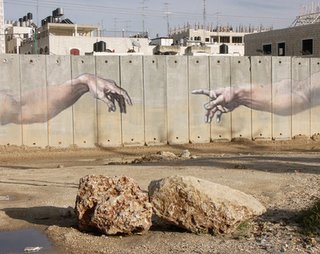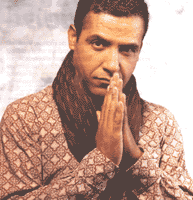
A few days ago I
mentioned Marco Werman's report on the Cheb Mami/K-Mel duet "Parisien du Nord." Thanks to Nabil Boudraa and David McMurray of Oregon State, I can now provide a translation (below, in caps) of Mami's contribution to the song.
Comme ça vous m'avez trahi, comme ça
THIS WAY, YOU BETRAYED ME, THIS WAY
Ou hakada dertouha lia, hakada
THIS WAY, YOU DID IT TO ME, THIS WAY
Comme ça vous m'avez trahi, comme ça
Ou hakada laabtouha lia, hakada
THIS WAY YOU PLAYED A TRICK ON ME, THIS WAY
Ala oujhi enkartouni, ou goltou étranger
FOR MY APPEARANCE YOU DENIED ME, YOU SAID I AM A STRANGER
Kont haseb fi bledi, ou hnaya enmout
I THOUGHT I WAS AT HOME AND THAT HERE I WILL DIE
(Refrain)
Choftkom wellit ghrib la wal ou le hbib
I SAW YOU AND I BECAME A STRANGER, NO MENTOR/PARENT NO FRIEND
Pourtant zeïd hna ou hadha echchay hram
KNOWING THAT I WAS BORN HERE, THIS THING (YOU DO) IS A SIN
Here's K-Mel's lyrics (I hope to provide a translation, eventually)
Parisien du Nord, clando d'abord
Un kiffe dans la musique sans passeport, c'est le talent d'abord
C'est comme le pa-ré qui a taffé, ramé pendant des années
Les exploitants que j'me ferais un véritable plaisir de canner
J'suis pas violent, mais tant d'années
À 5000 francs par mois, c'est fanner
Et pour les jeunes c'est la tanné, non il fallait
Pas faire l'erreur d'assimiler face à ces professions
Ce ne sont que des bassesses de vocation
La leçon à en tirer, c'est quoi que tu dises, quoi que tu fasses
T'es embauché tant que l'on n'a pas vu ta face
Souvent les jeunes PDG dans leurs bureaux
Gérant leurs entreprises comme on gère des Kilos (Oh shit)
C'est pas dur je veux voir des sup bouffer aux murs
Je veux voir des soeurs comme chefs ou secrétaires, quitte à
Pour leurs compétences et non pour leurs derrières
Je veux, enfin, que les jeunes pèsent à vrai dire
Tags:
rap,
rai music,
France,
riots




